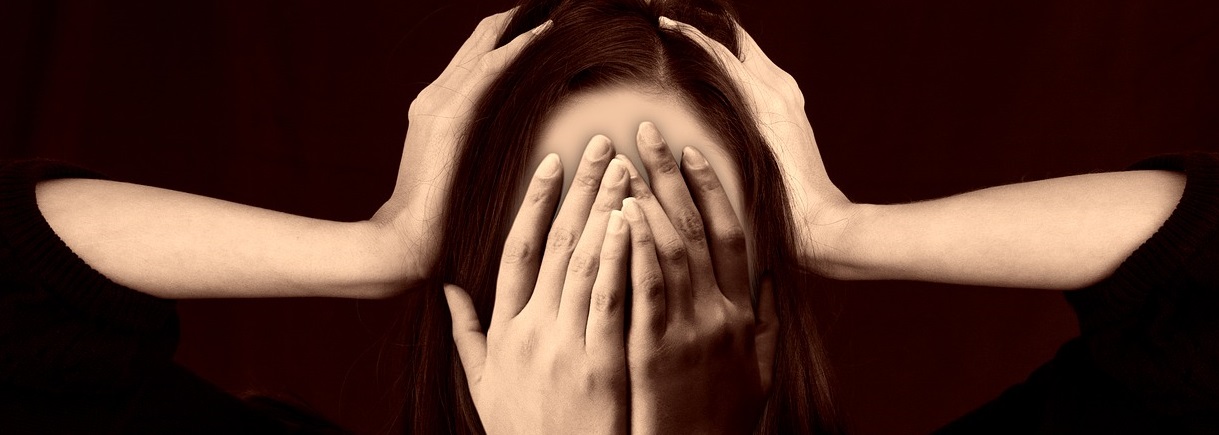I am noticing a lot of conversations around maintaining staff wellbeing, and supporting our teams and colleagues through these difficult times. Regardless of our location and the varied degree of “freedom”, all of us have been impacted by the pandemic.
Here’s something we can do, individually, to support our colleagues and friends.
Create a support circle.
It is informal and casual. It is establishing social connection – via chat, phone call or video call, or social media interaction.
I know the people in my circle will contact me if they need/want to. And I do the same with them – a difficult moment requires some “debrief” and a happy occasion is for sharing. That’s healthy.
Set your intention
Start by setting an intention. The support circle does not require us to be counsellors. Create a circle which you and others can belong and connect.
Shared experiences (say, of our workplace, of a particular professional group, or team) engender experiential and intellectual intimacies, and allow for conversations. The circle will be a vault where confidences are maintained. Bring our authentic self into the circle – show yourself and be prepared for candid conversations.
The “logistics”
Be specific and realistic about what we can do. This is after all about wellbeing, and self-care is a priority.
How much time will we dedicate to this, and how many per week? Individual or group interaction?
There is no fixed rule. This is a circle and the “arrangement” is loose. My check-ins are usually 1-to-1. It takes 10-15 mins and I find that’s enough for us. A matter for you how often you can engage with this. If you can manage one interaction a week, that’s good enough. At least one person will have received the generosity and kindness of your time and attention.
Who can I possibly contact? How big should the circle be?
Though not exhaustive, these questions can remind you of someone whom you can include in your support circle.
- Who lives alone?
- Who misses their family living interstate or overseas?
- Who has caring obligations exacerbated by social restrictions?
- Who is extroverted or sociable yet compelled to live under social restrictions?
- Who haven’t you heard from in a while?
- Who may be feeling additional stress directly because of the pandemic for eg. tech support staff who are working hard to enable our remote working life?
There is no “should” in this. We willingly come into the support circle. And if it is a circle of 2 persons, then so be it. Both of you will be better off with the experience.
No, thank you
Be sensitive to the possibility that our attention is not always welcomed or needed. Or someone may be receiving too much contact.
If you are being approached by too many people, then convey a grateful “no, thank you” to some of them. Setting personal boundaries is a resilience skill. Something along the lines of “thank you for checking in, I already have a support circle. Someone else will benefit from your check-in. Perhaps you may wish to check in on others who need support.”
If you are sensing a need for support within your community, and wondering what to do, I hope this is food for thought…and action.
You have the power to make a positive 😊 difference to someone’s day.
As we give, so we receive.












